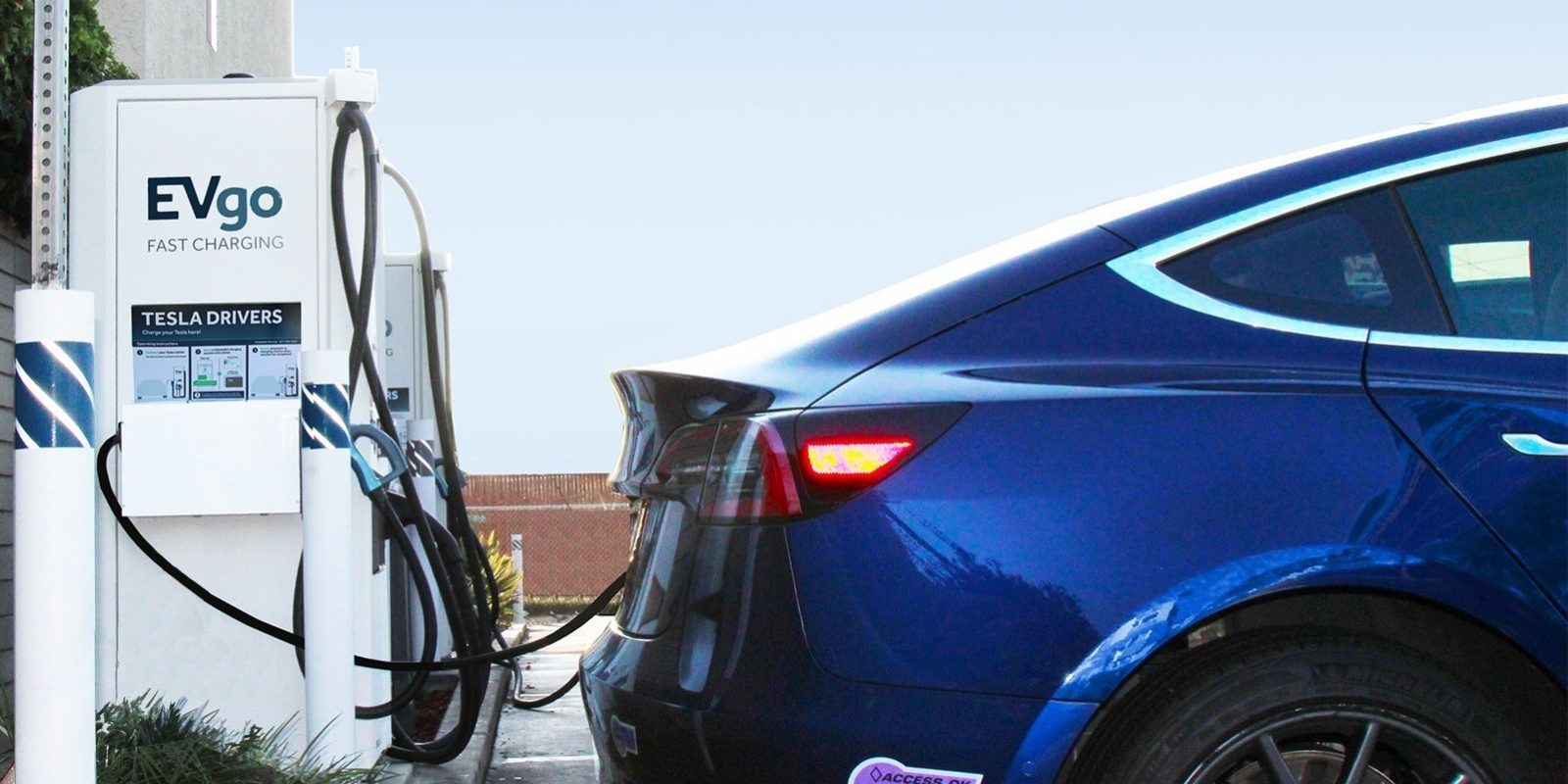In recent times we are witnessing a boom in LFP (lithium-ferrophosphate) batteries. This chemical was discarded by the automotive sector for years in favor of others (NCM, NCA, etc.) due to its lower energy density; however, its clear cost advantage is causing more and more manufacturers to bet on it.
Because they do without using raw materials such as cobalt, LFP batteries are significantly more affordable than NCM and NCA; in fact, they are estimated to be the only ones currently below the $ 100/kWh barrier. Furthermore, they last longer, are safer in the event of an accident, and have more excellent thermal stability. In return, their performance suffers somewhat at low temperatures.
One of the most prominent examples of this heyday is found in the Tesla Model 3 Standard Range Plus RWD made in China, which uses LFP cells of CATL origin. The decision to launch this model last year was an unprecedented move that surprised more than once until now; Tesla had opted for chemicals with a record energy density within the industry.
However, this strategy has been a success, and the brand is already working so that all its access models (Standard Range) incorporate this chemistry. In addition to allowing more contained costs and thus a more competitive price and/or a higher profit margin, Tesla will manage to avoid the looming nickel supply shortage looming in the battery industry.
The enormous success of the Model 3 in China (which is now also exported to Europe) has boosted the share of LFP batteries worldwide: in January 2021, this type of chemistry accounted for 18.5% of the global market volume. In terms of capacity, a milestone if we take into account that in January 2020, it was only 1%.
The consulting firm Roskill calculates that the manufacturing capacity of LFP cathodes has multiplied by 10 in January-February 2021, about the same period last year. Besides, this trend will only go further: Chinese manufacturers such as BYD, Seres, or Xpeng are also betting strongly on this chemistry, and even Renault and Volkswagen will provide their more affordable electric models with this technology (the Volkswagen Group, in particular, is a shareholder of Guoxuan High-Tech, a battery manufacturer that recently introduced LFP cells with an energy density of 212 Wh/kg, matching the figures for NCM 523 cells).

